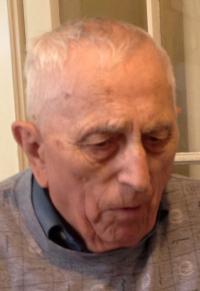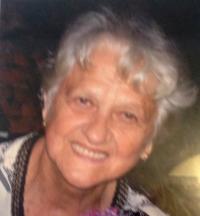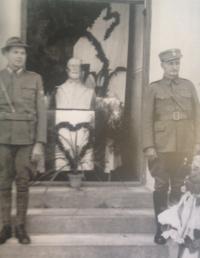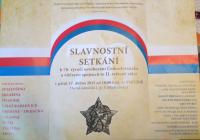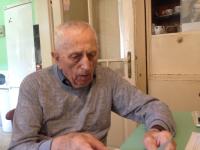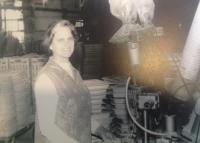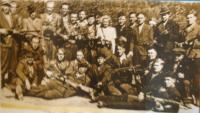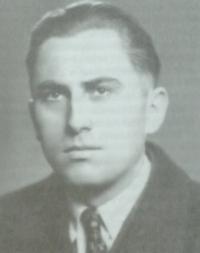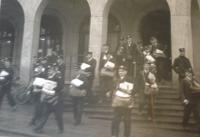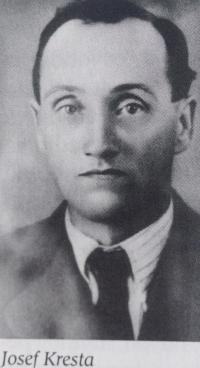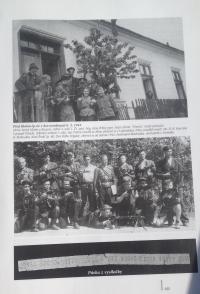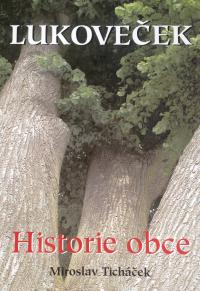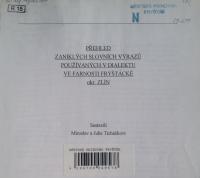He saved me from execution and I will be grateful to him until I die
Miroslav Ticháček was born on 27 March, 1924. In 1939 - 1943 he stayed in Baťa´s boarding school, where he apprenticed a toolmaker. Later he joined an antifascist movement supporting a partisan brigade of Jan Žižka of Trocnov in the area of Fryšták. He was supplying partysans departments by munition. After war he worked in foundry ZPS in Zlín. On 29 October, 1947 he received a medal for bravery from hands of the president of the Czechoslovak Republic. After graduating basic military service he began working in a company Thonet Fryšták as machinery handyman and stayed in a company for thirty-six years. During 1954-1957 he was a member of ONV in Holešov. In 2004 issued a book Lukoveček - history of a village, where, amongst others, he described his war experience.

